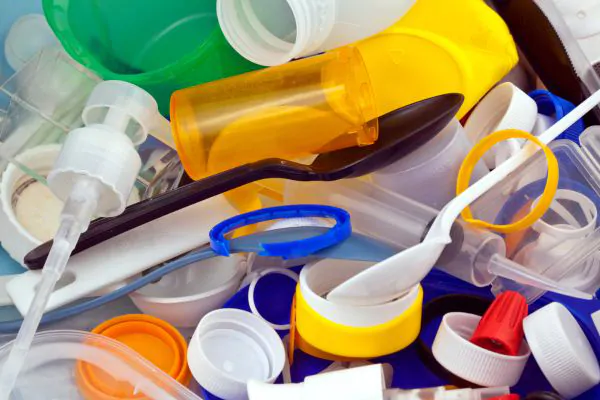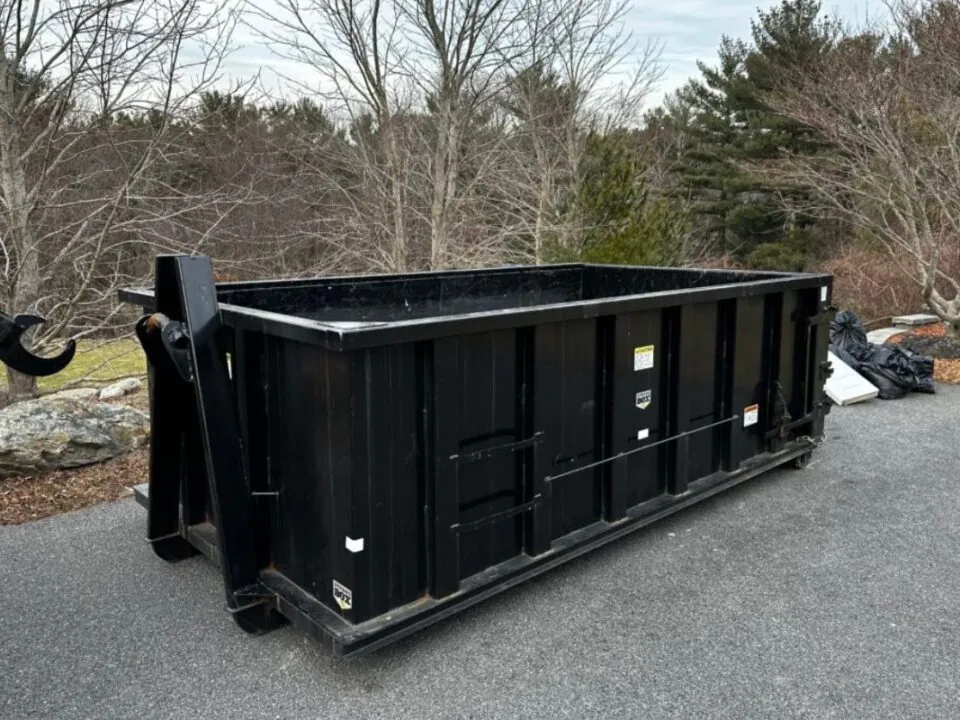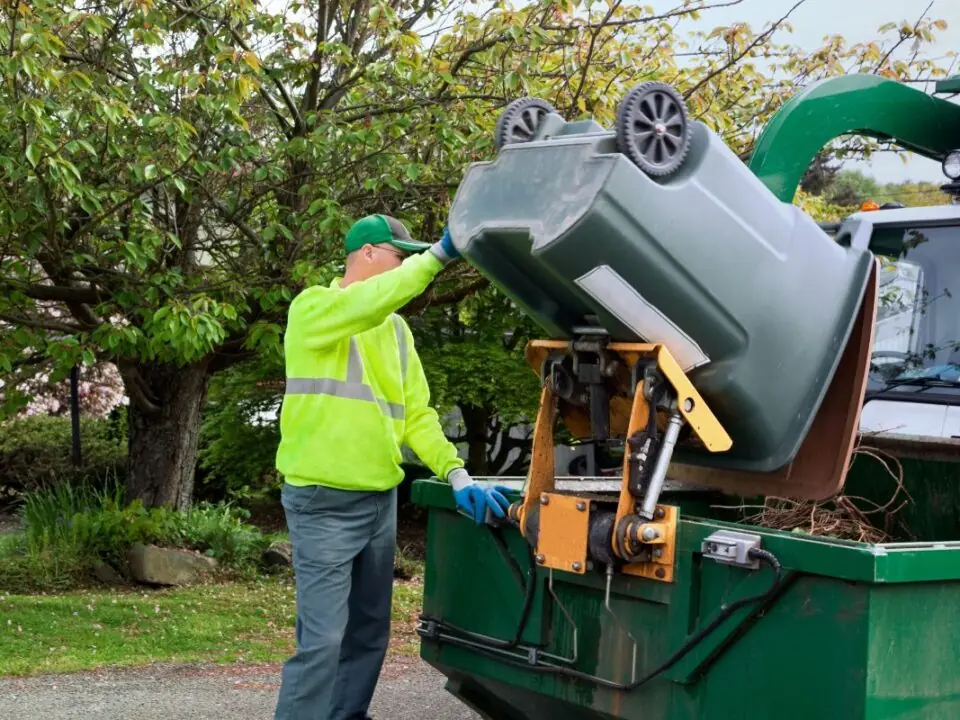How Your Business Can Reduce Plastic Waste? – A Short Guide
Benefits of Companies Reducing Plastic Waste
Companies that reduce plastic waste play a crucial role in protecting our environment and promoting sustainability. The detrimental impact of plastic pollution on our planet has become increasingly evident, highlighting the urgent need for businesses to adopt eco-friendly practices.
By taking proactive measures to minimize plastic waste, companies can not only contribute to a healthier environment but also reap various other benefits.

Reducing plastic waste offers several benefits for companies. Firstly, it demonstrates corporate social responsibility, enhancing brand image and attracting environmentally conscious customers. This can drive business growth and increase customer loyalty. Secondly, it leads to cost savings by reducing resources and energy used in plastic production, aligning with consumer preferences for sustainable products.
Additionally, companies can avoid regulatory challenges and fines by proactively addressing plastic waste. Minimizing plastic waste fosters innovation, attracting talent, and driving research and development efforts. Lastly, it contributes to preserving ecosystems and protecting wildlife, resonating with consumers, and strengthening brand connections.
Prioritizing plastic waste reduction by opting for a commercial waste service is both responsible and strategic, leading to long-term success in today’s eco-conscious marketplace.
Best Ways to Reduce Plastic Waste

As a business owner, there are several effective ways to reduce plastic waste and promote sustainability within your operations. Here are some of the best practices to consider, with a focus on using less plastic.
Assess Your Plastic Usage
Begin by evaluating your current plastic consumption. Identify areas where plastic is being used excessively or unnecessarily. This includes packaging, shipping materials, single-use items, and product components. Understanding your plastic footprint is crucial for developing a targeted reduction strategy.
Opt For Alternative Materials
Explore alternative materials to replace plastic in your operations. For packaging, consider using biodegradable or compostable options made from materials like paper, cardboard, or plant-based plastics. Replace single-use plastic products with durable, reusable alternatives, like glass containers or stainless steel cutlery.
Redesign Your Packaging
Rethink your packaging design to minimize plastic usage. Optimize packaging sizes to reduce material requirements and transportation costs. Consider lightweight packaging materials that provide adequate protection while using less plastic. Encourage customers to return packaging for reuse or offer recycling programs for your products.
Collaborate With Suppliers
Engage with your suppliers to find eco-friendly alternatives. Encourage them to reduce excessive plastic packaging or explore sustainable materials together. By working collaboratively, you can find innovative solutions and drive industry-wide change.
Educate And Involve Employees
Raise awareness among your employees about the importance of reducing plastic waste. Train them on proper plastic waste management, recycling, and encourage them to bring their reusable items to work. Foster a culture of sustainability within your company by providing resources and setting goals for plastic waste reduction.
Implement A Waste Management System
Establish an effective waste management system to ensure proper disposal and recycling of plastic waste. Clearly label recycling bins and educate employees on what can and cannot be recycled. Partner with local recycling facilities to ensure your plastic waste is handled responsibly.
Engage With Customers
Educate your customers about your commitment to reducing plastic waste and encourage their participation. Provide information on how they can dispose of or recycle your products responsibly. Consider offering incentives for customers who bring their own reusable bags or containers.
Support and collaborate with sustainability initiatives
Get involved with local or industry-specific sustainability initiatives. Collaborate with organizations working towards reducing plastic waste and contribute to their efforts. This can include participating in cleanup campaigns, supporting research on alternative materials, or sharing best practices.
Monitor and measure progress
Regularly track and assess your progress in reducing plastic waste. Set achievable targets and monitor key performance indicators related to plastic usage. This allows you to identify areas for improvement and celebrate milestones as you move towards a more sustainable business model.
Communicate your effort
Share your plastic waste reduction initiatives with your stakeholders, including customers, suppliers, and employees. Highlight your commitment to sustainability through marketing materials, social media, and your website. Transparently communicate your progress, challenges, and future plans to build trust and inspire others to take similar actions.
In summary, the main effort in reducing plastic waste is to know how to use less plastic and implement a better system.
Related Article: Recyclables: Why They Should Be Clean, Empty, and Dry
What to Do With Plastic Waste?

But even if you did all the strategies above, you might still be producing plastic waste. And that’s okay.
You can explore opportunities to reuse plastic materials within your business operations or seek partnerships with organizations that can repurpose plastic waste. And partner with local recycling facilities or organizations that specialize in recycling plastic waste and actively support their initiatives.
You can also just dispose of the plastic trash in a proper manner. There are rules and guidelines that you’ll have to adhere to, so be sure to learn what they are.
Get Reliable Waste Management in Massachusetts
The cost of doing business includes producing waste. And you can properly manage it, or you can hire a stellar waste management company. If you’re in the South Shore Area and looking for a waste management company, you’ll get a worry and hassle-free partner in Troupe Waste and Recycling.
Every business is different, and that’s why the folks at Troupe Waste & Recycling make a personalized plan for each of their commercial clients. If you are located in Bridgewater or the surrounding areas, be sure to call them with this number: 781-340-0030.





